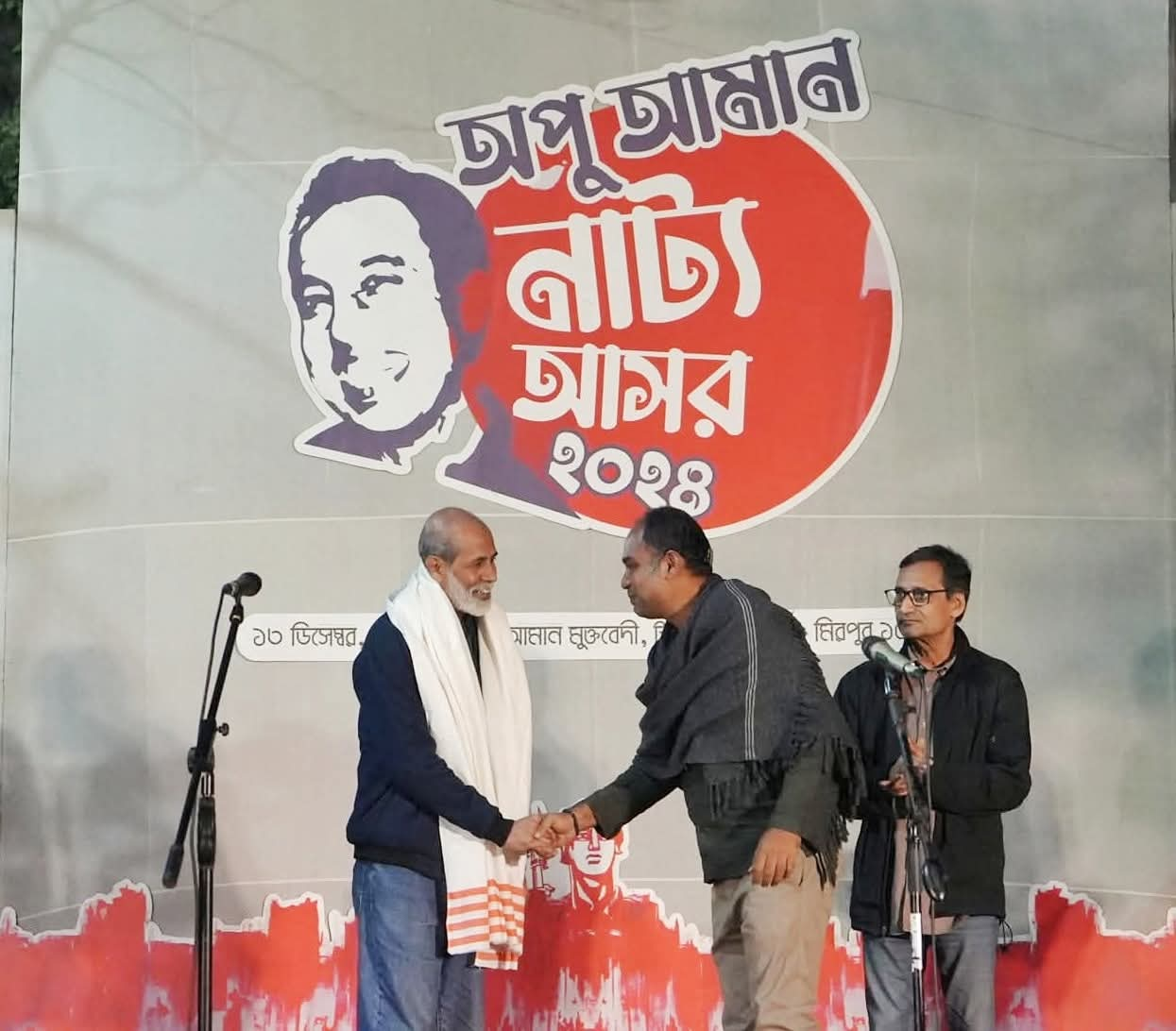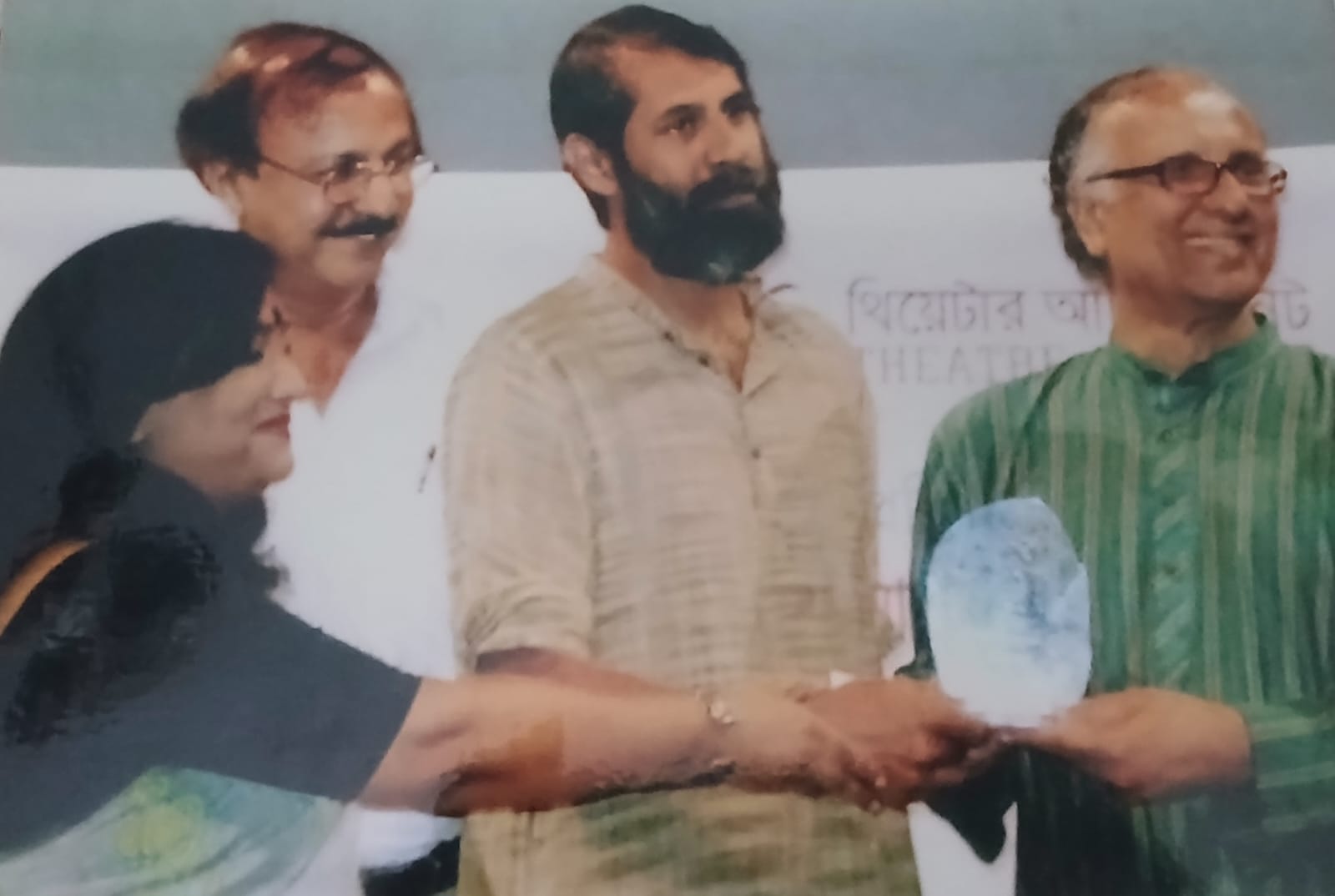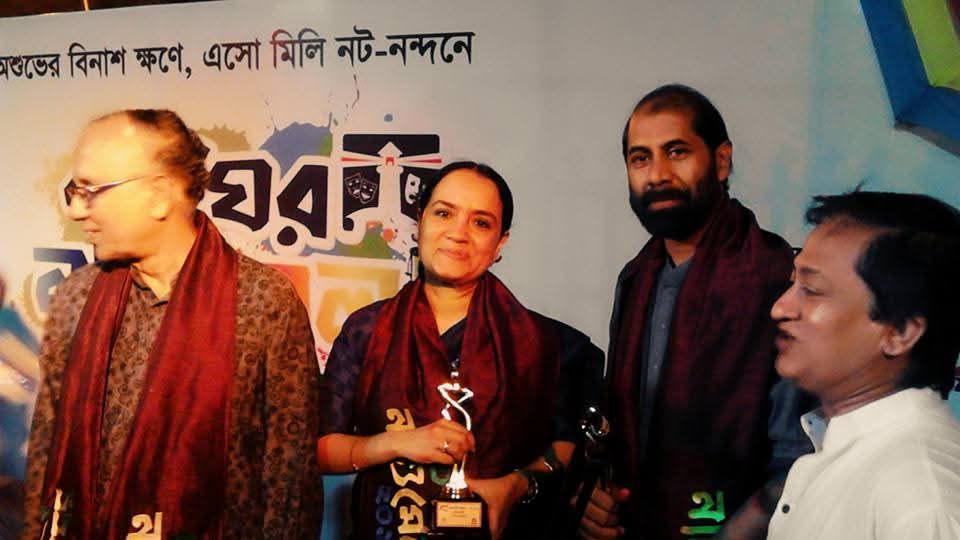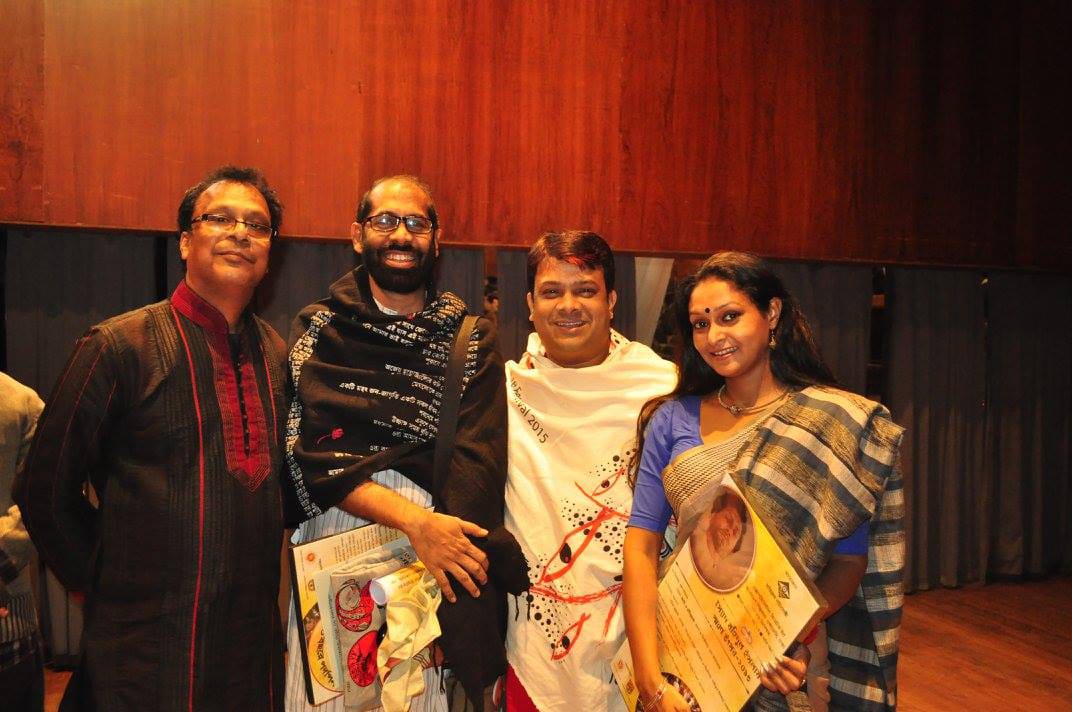About Me
Kazi Toufikul Islam Emon began his journey in the world of theatre with a deep passion for storytelling and the performing arts. Growing up in Bangladesh, he was drawn to the stage from a young age, inspired by the cultural richness of his surroundings and the powerful social messages conveyed through traditional performance art.
Kazi Toufikul Islam Emon began his theatre journey in 1990 with the renowned Bangladeshi theatre group Aranyak Natyadal. This marked the beginning of a lifelong dedication to the performing arts. As one of the most respected and politically conscious theatre groups in Bangladesh, Aranyak provided Emon with a strong foundation in socially engaged theatre. Under the guidance of seasoned theatre practitioners, he quickly developed a deep appreciation for the power of performance as a tool for storytelling, activism, and cultural preservation.
After his time with Aranyak, Emon continued to grow as an artist and arts manager, eventually becoming deeply involved with other cultural institutions such as Prachyanat. At Prachyanat, Emon not only trained as an actor but also immersed himself in the broader aspects of theatrical production, including stage management, direction, and arts administration. His dedication and curiosity pushed him beyond the local stage. He actively pursued international opportunities, later representing Bangladesh in global theatre residencies. But it all began with a sincere love for the craft and a desire to connect with people through performance—something that continues to drive his artistic journey today.
How Theater Journey Started
Kazi Toufikul Islam Emon’s story in theatre spans more than a quarter-century, woven through phases of intense learning, passionate performance, and innovative direction. Born in the final decades of the twentieth century, Toufikul first showed his flair for the arts during his early education, where he immersed himself in the language and performance techniques of stagecraft. Though specific schools and degrees aren’t widely documented, it is clear that he pursued formal training in drama and stage design, frequently described as “highly trained” with “strong stage instincts” by his peers and audiences
Kazi Toufikul Islam Emon
Theatre Activists
His dedication to refinement led him, in 1997, to become a founder member of Prachyanat, a Dhaka-based experimental theatre troupe founded by 11 enthusiastic theatre persons. Within Prachyanat, Toufikul immersed himself in multidisciplinary learning, absorbing lessons in acting, directing, dramaturgy, and design as the troupe explored the intersections of literary adaptation, folk tradition, and modernist expression
Toufikul’s early foray into professional theatre included a period with Aranyak Natyadal, a prestigious stage group that nurtured his understanding of narrative form, ensemble performance, and cultural resonance. Yet it was at Prachyanat that Toufikul’s creative faculties flourished.
Under the group’s collaborative ethos, he began acting in and directing numerous productions, most notably modern reinterpretations and adaptations. Among these, “Gondar,” adapted from Ionesco’s “Rhinoceros,” and “Kinu Kaharer Thetar,” by Manoj Mitra and directed by Toufikul, reveal his skill in bridging global dramatic works with Bangladeshi sensibilities.
Later, in 2010, he took on “Mayer Mukh,” a translation of Arnold Wesker’s play, displaying his fluency in transitioning between cultures while maintaining narrative depth Wikipedia.
Teaching Career
Toufikul also devoted himself to pedagogy. In 2001, he joined the faculty of Scholastica School, where he continued to shape young minds in the dramatic arts. His position there, noted as faculty of Drama since 2001, reflects not only his passion for sharing knowledge but also his commitment to cultivating the next generation of theatre practitioners
This role demonstrates a profound understanding of foundational theatre education—melding technique, experimentation, and cultural awareness
Kazi Toufikul Islam Emon began his theatre journey in 1990 with the esteemed group Aranyak Natyadal, where he refined his craft through powerful, socially conscious productions.
Later, Emon became associated with Prachyanat, another leading theatre troupe, where he took part in various productions, including "Koinna", a bold and experimental theatrical piece exploring gender and identity. His stage presence, depth, and commitment to character development earned him recognition within the theatre community
Beyond the stage, Emon expanded his career into electronic media, acting in television dramas and telefilms. His seamless transition between stage and screen showcases his adaptability and deep passion for the performing arts—qualities that continue to define his artistic journey.
As a director, Kazi Toufikul Islam Emon has demonstrated both literary ambition and historical acumen. His directorial work reached a notable zenith with “Khwabnama,” adapted from Akhtaruzzaman Elias’s novel and staged first in August 2022, then revived in 2023 and again in late 2024. This production grappled with the socio-political ramifications of partition-era Bengal, presenting complex themes of sectarian strife, class conflict, and collective memory. Toufikul’s thoughtful stewardship of the play’s narrative complexity and historical nuance earned praise: Khaliquzzaman Elias, the brother of the original author, lauded the adaptation; and Toufikul described the challenge of translating Elias’s literary depth into live performance as immensely fulfilling.
His direction allowed audiences to reflect on untold histories while engaging them in powerful theatrical storytelling.
Toufikul’s work further expanded into socially conscious theatre. In 2022, he directed Prachyanat’s production of “Pulsiraat,” an adaptation of Palestinian refugee narratives drawn from Ghassan Kanafani’s “Men in the Sun.” Presented alongside a production team that included high-profile filmmakers like Jaya Ahsan and Ferdous, the play cogently explored themes of migration, survival, and existential hope. Through “Pulsiraat,” Toufikul fostered solidarity across cultural lines and contextualized the refugee crisis within a Bangladeshi frame, reaffirming theatre’s role in reflecting global social issues.
Working As A Theater Designer
Toufikul’s gifts extend beyond direction and performance into design. His stagecraft is recognized for its evocative use of lighting, props, costumes, and spatial dynamics. In “The Zoo Story,” for example, he not only directed the actors but also took responsibility for costumes and props, delivering a coherent visual language that complemented his thematic concerns. His design philosophy embraces the interplay of minimalism and symbolism, ensuring that each visual element serves the emotional and narrative contours of the performance.
Global Collaboration
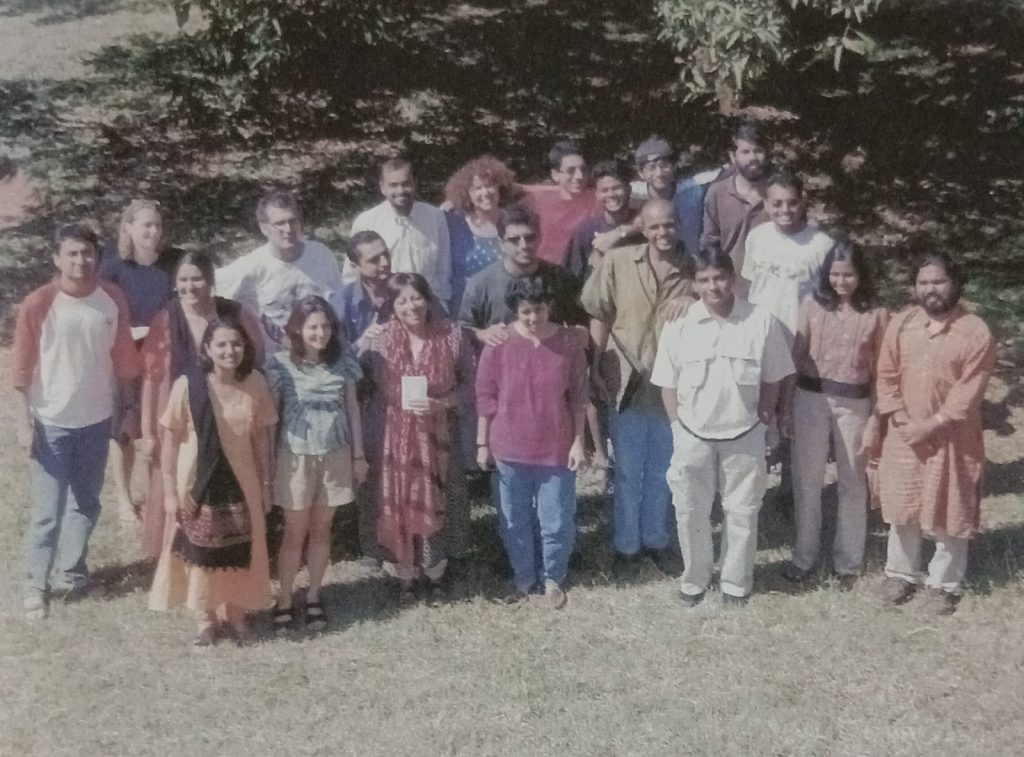
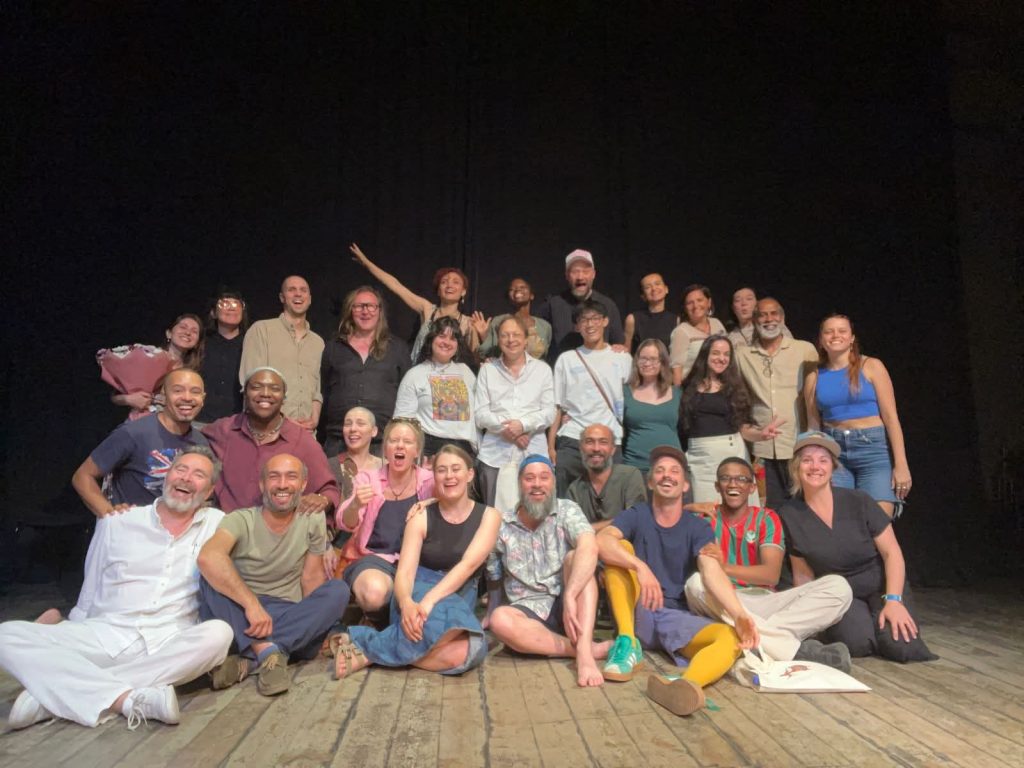
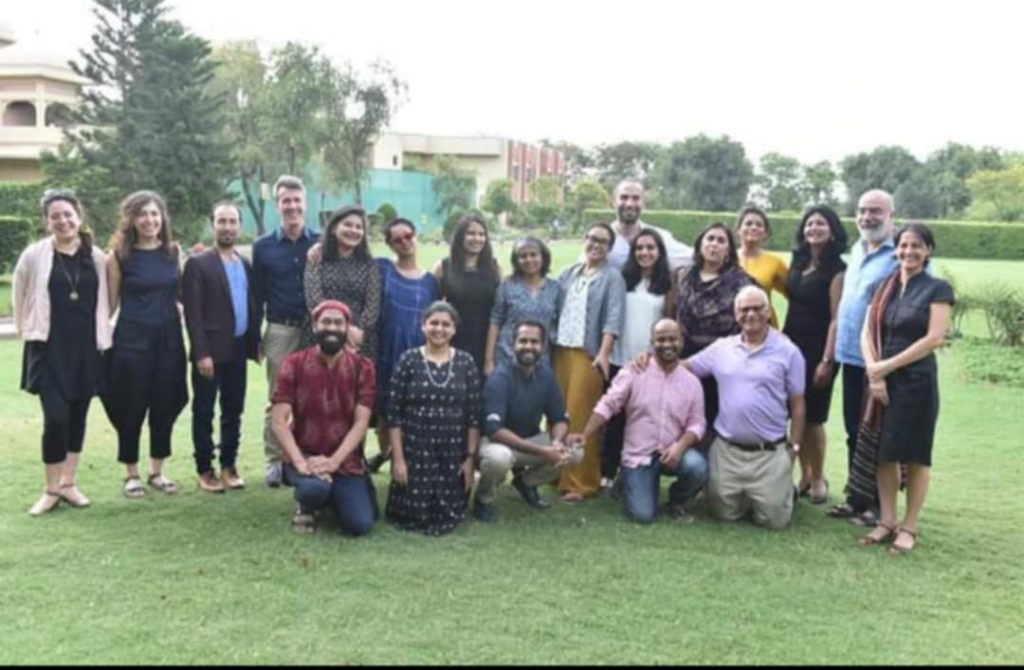
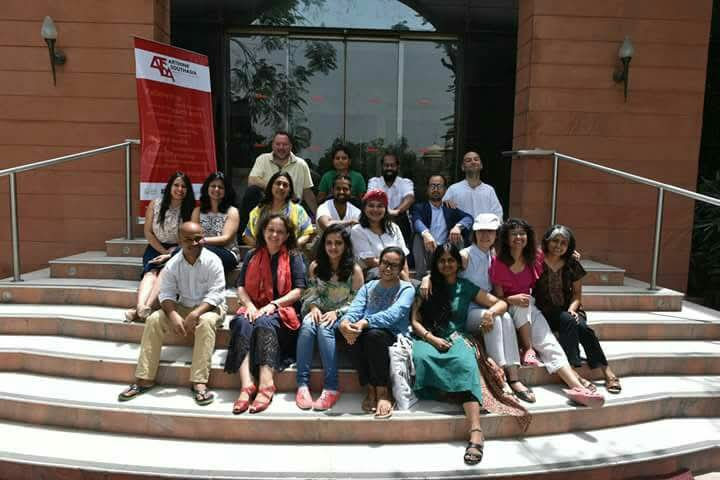
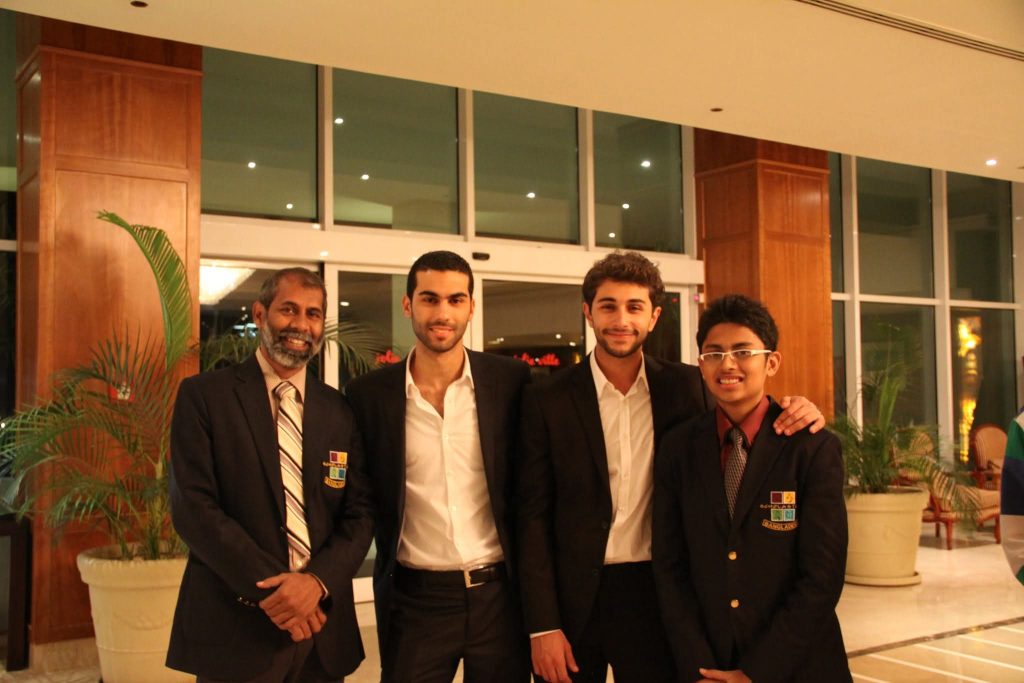
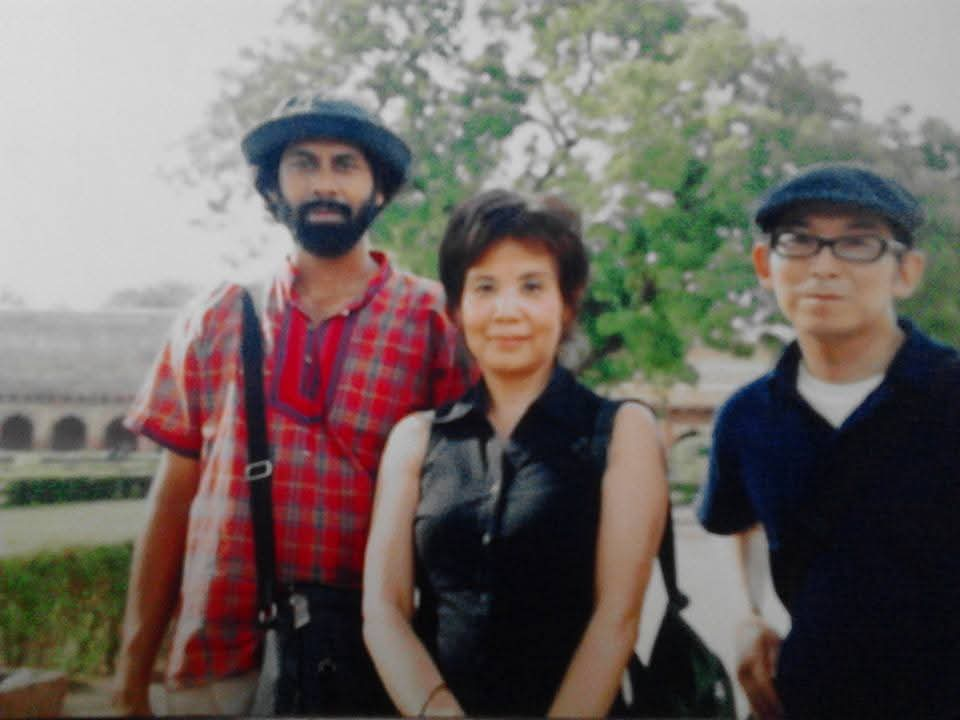
In summary,
Kazi Toufikul Islam
journey from enthusiastic student and ensemble player at Aranyak, through creative lifework with Prachyanat, to award-winning director, educator, and designer, maps an inspiring arc of continuous growth. His dedication to formal drama training, his passion for mentoring emerging artists, his bold international collaborations, and his recognition both domestically and abroad affirm his status as one of Bangladesh’s most influential contemporary theatre practitioners.



